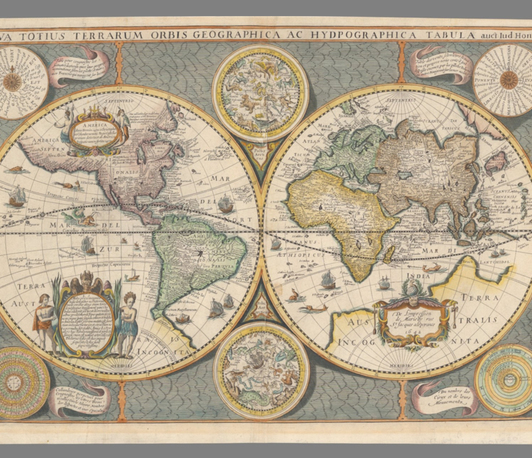The Modern State and the Rise of the Business Corporation
MPI-TAU Transnational Legal History Workshop
- Date: Nov 1, 2022
- Time: 07:00 PM - 08:30 PM (Local Time Germany)
- Speaker: Taisu Zhang (Yale University)
- Location: Zoom
- Host: Thomas Duve (MPI), Ron Harris (TAU), Assaf Likhovski (TAU), Stefan Vogenauer (MPI)

The article, written by Taisu Zhang and John Molley, argues that the rise of the modern state was a necessary condition for the rise of the business corporation. A typical business corporation pools together a large number of strangers to share ownership of residual claims in a single enterprise with guarantees of asset partitioning. We show that this arrangement requires the support of a powerful state with the geographical reach, coercive force, administrative power, and legal capacity necessary to enforce the law uniformly among the corporation’s various owners. Strangers cannot cooperate on the scale and legal complexity of a typical business corporation without a modern state and the legal apparatus it supplies to enforce the terms of their bargain. Other historical forms of rule enforcement, such as customary law among close-knit communities and commercial networks like the Law Merchant, are theoretically able to support many forms of property rights and contractual relations, but not the business corporation.
We show that this hypothesis is consistent with the experiences of six historical societies: late Imperial China, the 19th century Ottoman Empire, the early United States, early modern England, the late medieval Italian city states, and ancient Rome. We focus especially on the experience of late Imperial China, which adopted a modern corporation statute, but failed to see much growth in the use of the corporate form until the state developed the capacity and institutions necessary to uniformly enforce the new law. Our thesis complicates existing historical accounts of the rise of the corporation, which often emphasize the importance of economic factors over political and legal factors and view the state as a source of expropriation and threat rather than support. Our thesis has extensive implications for the way we understand corporations, private law, states, and the nature of modernity.
All sessions of the MPI-TAU Transnational Legal History Workshop will be conducted on Zoom, and are based on pre-circulated papers. Registration for participation is required and open until one week prior to the event. Please register here.